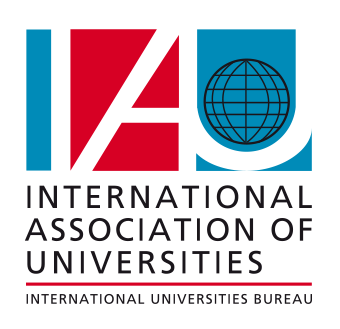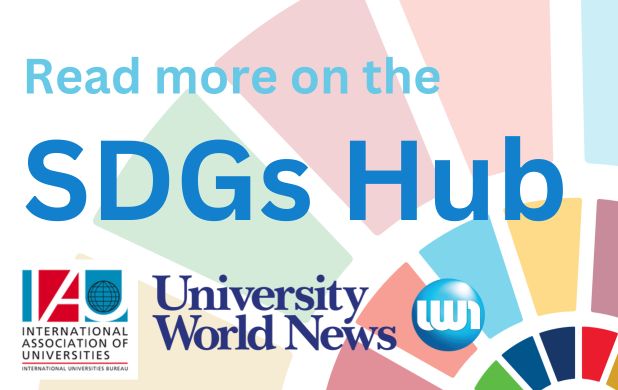A Community-Centered Approach to Education for Sustainable Development
Presentation
At core many unsustainable practices exist as a result of an unawareness of and lack of connectivity to community. Essential then to the development of ‘good citizens’ is an educational experience that encourages learners to attend to and have a quality relationship with their community. Such a relationship is founded on an understanding of the inter-connectedness of and respect for all life.
This kind of community-centered pedagogy is being explored in the approach taken with a graduate course ‘Literature and Education for Sustainable Development’ at the University of the West Indies. The course focuses on community –as it examines local and global communities in relation to the concept of sustainable development. Using literary and non-literary works, these students attend to ‘community’ as they read critically and interpret the relationship between individuals, different communities and the environment. By applying a sustainable development lens, they are able to analyze the interfacing of the three pillars of sustainable development: the social, economic and the ecological, in these texts.
Innovative aspects
Paralleling this is the study of ‘living texts’ – that is to say, their individual communities. Through this study they dentify one sustainability issue which they address through a community action project. A number of students started peace projects, vegetable gardens in their school or home communities or initiated as in one situation a farming project with a community. They discovered education –in community–, i.e. not only as self but community development. The goal of the farm project was to help community members change their attitudes – become self-reliant through valuing and working with the land. So the student brought the community together to vision, to learn and plan for farming a small area in their community. Together, they decided on their objectives, what would be planted and the roles that they would undertake and then they started the work. Despite the many challenges, the student experienced ‘in the field’ what it means to grow in community, change behavior and so engage in sustainable development.
Results
Ideally, these graduate students are expected to interact with community members, develop each others’ understanding of the issue and together take action to transform the situation. This is an ‘enacted’ curriculum as teacher/learner roles are fluid. Most important, it is envisioned that through this, students will develop commitment to place, to others. And as a result they learn to truly engage with the creation of sustainable societies.


